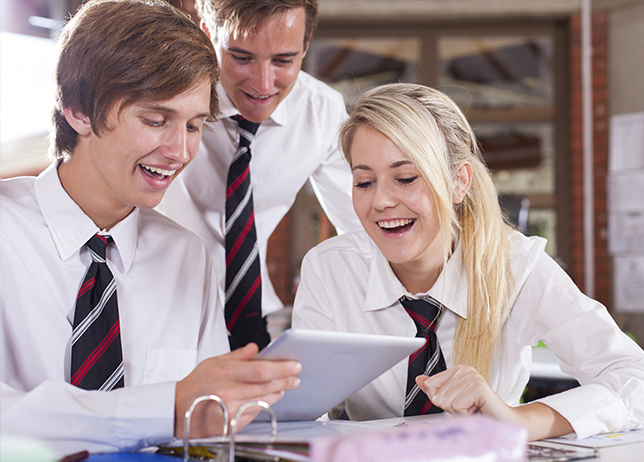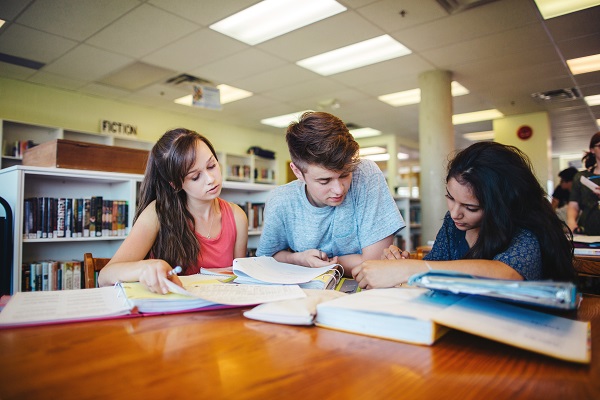Tips to help you prepare your child for secondary school
It’s the night before the new school year and your child is feeling nervous.
They’re about to embark on an exciting yet daunting journey into the foreign world known as secondary school.
With a few important tips, you can put these nerves to bed and make your child’s transition to secondary school enjoyable.
Give them a head start
Over the holidays, read the novels your child will study in English and talk about your favourite aspects of the books.
Your children will feed off this positivity, and you’ll inspire them to read novels before the school term begins (unlike many of your child’s peers).
If possible, find out what sort of classwork your child will be learning in the first term.
Astronomy’s set to be taught in science? Take them to a planetarium or watch a sci-fi movie set in space with them to spark their curiosity in the subject.
Get up early in the lead-up to week one
With all the late night Xbox, TV and sleepovers throughout the holidays, your child will be used to their carefree lifestyle.
So they don’t feel the shock of a sudden change in routine, suggest more time reading in the lead up to the first week of school.
Wake them up earlier than usual to synchronise their body clocks with the early morning starts they can expect when they’re back at school.
Support your child’s hobbies
Encouraging your child to engage with his or her hobbies means they can bond over shared passions with classmates.
This is a fantastic way to help your child make friends.
Build a welcoming environment where your child can bring friends home, and if they don’t ask, try suggesting it.
Give them light homework
One of the biggest adjustments your child will make is encountering the most formidable barrier to their free time – homework.
Before the term begins, familiarise them with this routine by setting them small reading tasks or academic challenges.
Your child probably won’t have needed a dedicated study space in primary school, so ensure they have a comfortable, quiet area before the first bell rings.
Set up a desk for them in a place where they’ll be free from distractions.
They’ll eventually spend hours in this space, so consider an ergonomic chair, keyboard and mouse pad to limit stress on their joints.
An uncomfortable study area will discourage them from spending much time studying.
Ergonomic equipment can help them learn longer, more effectively and reach their potential.
Furthermore, many kids are used to spending hours playing games on the computers and laptops, but they’ll undoubtedly be using more Microsoft Word and PowerPoint in secondary school.
Teach them a few essential tricks so they’ll be comfortable when they need to start assignments.

Let your child choose their own school supplies
Allow your child to express their individuality by letting them pick out their new pencil cases, books, folders and more.
Quirky supplies are also a great conversation point, helping your child meet his or her classmates and make friends more easily.
Your child will also be more excited to use personalised school supplies chosen by them rather than generic stationery.
Sample new school sports
Sports on offer at secondary school usually go beyond popular sports such as football and cricket.
If your child’s school offers rowing, badminton and the like, encourage them to try these out before the term begins (when he/she will need to choose their summer sport).
You can ask your local sports club about using their equipment, or even just watch offered sports on YouTube to get a better idea of what it’s like.
One last thing…
Studies have shown that students tend to have higher grade point averages if their parents have higher expectations about grades.
So by setting expectations of excellence at the very start of secondary school, this might help set a high standard for the rest of their schooling life.


 has the facebook
has the facebook



